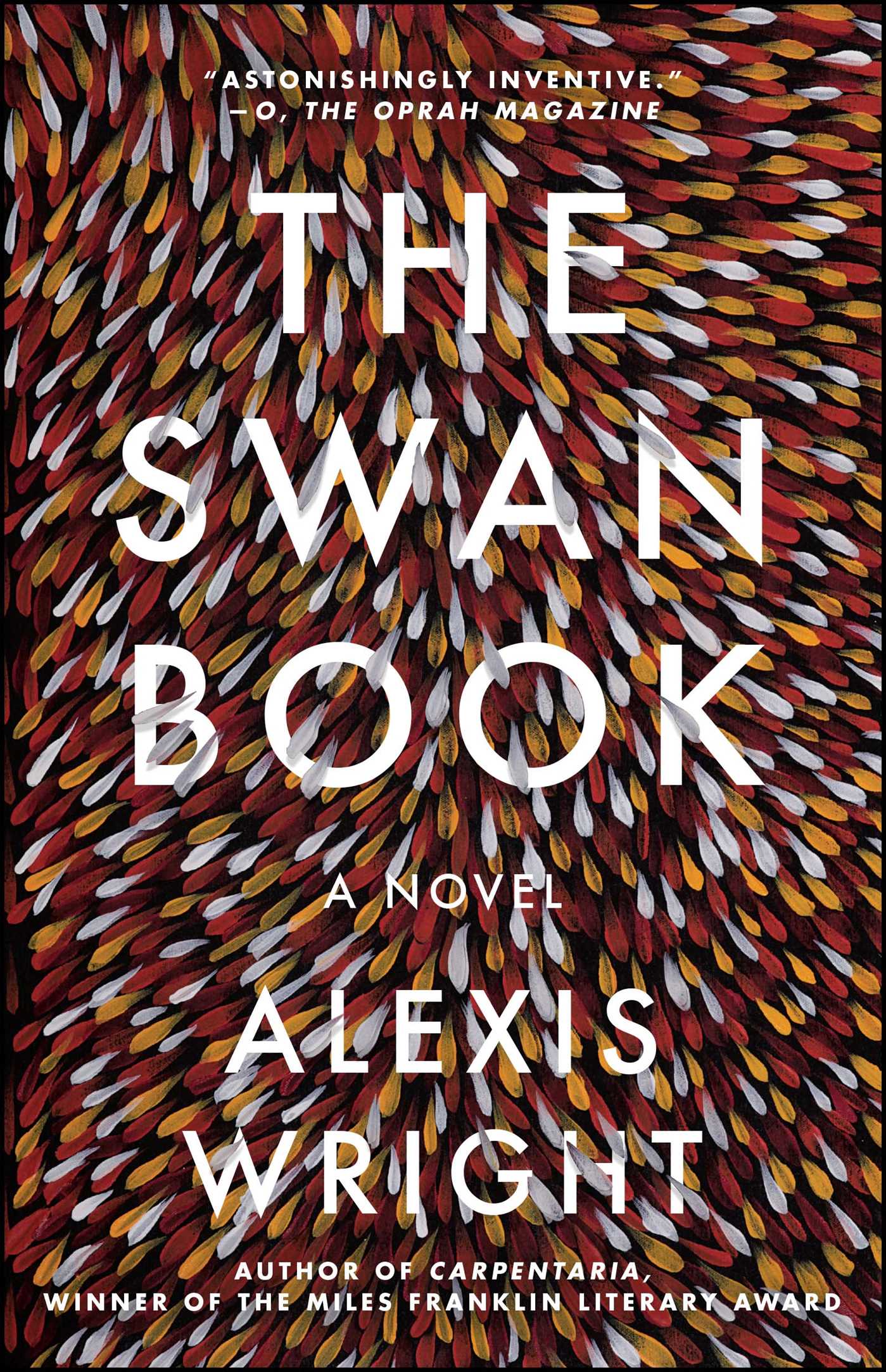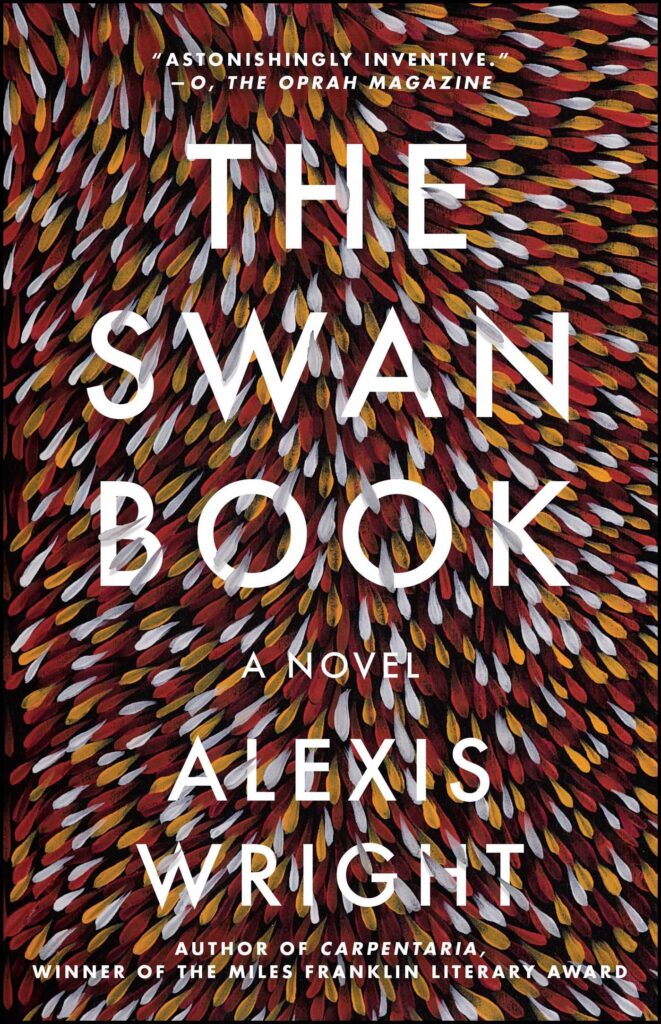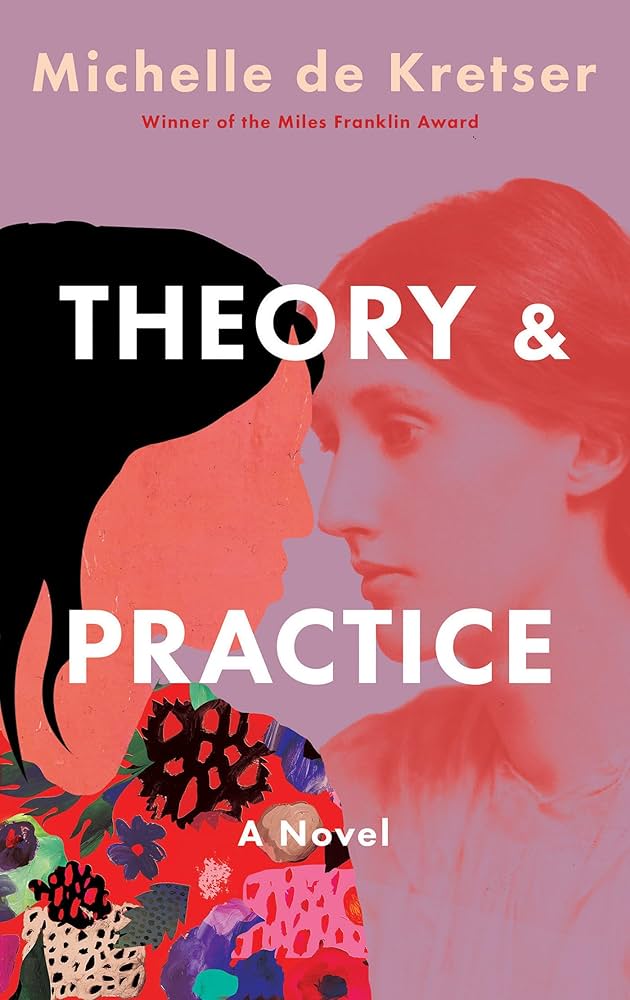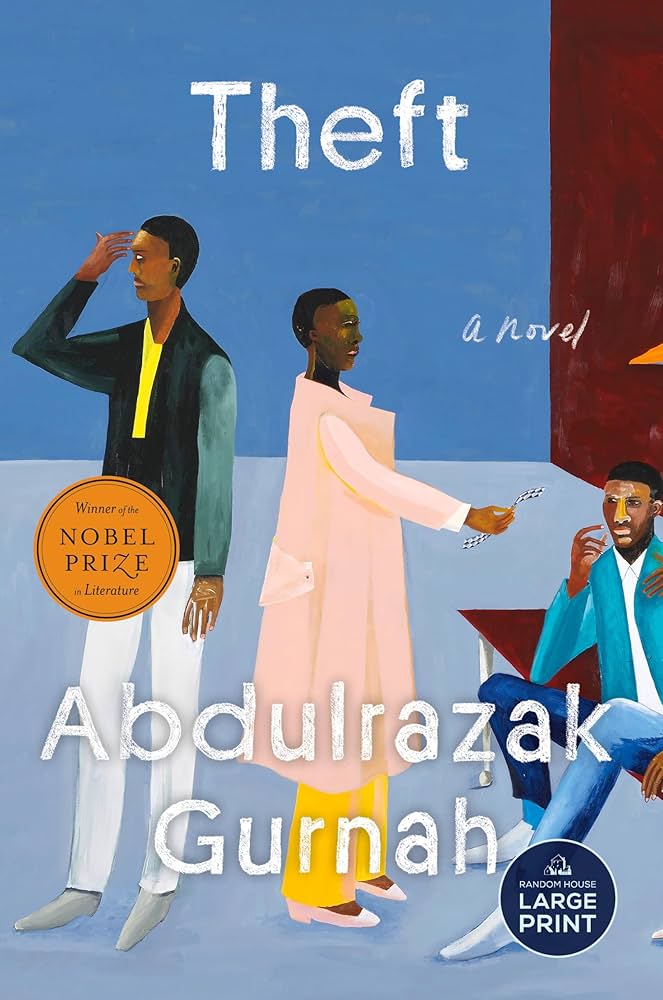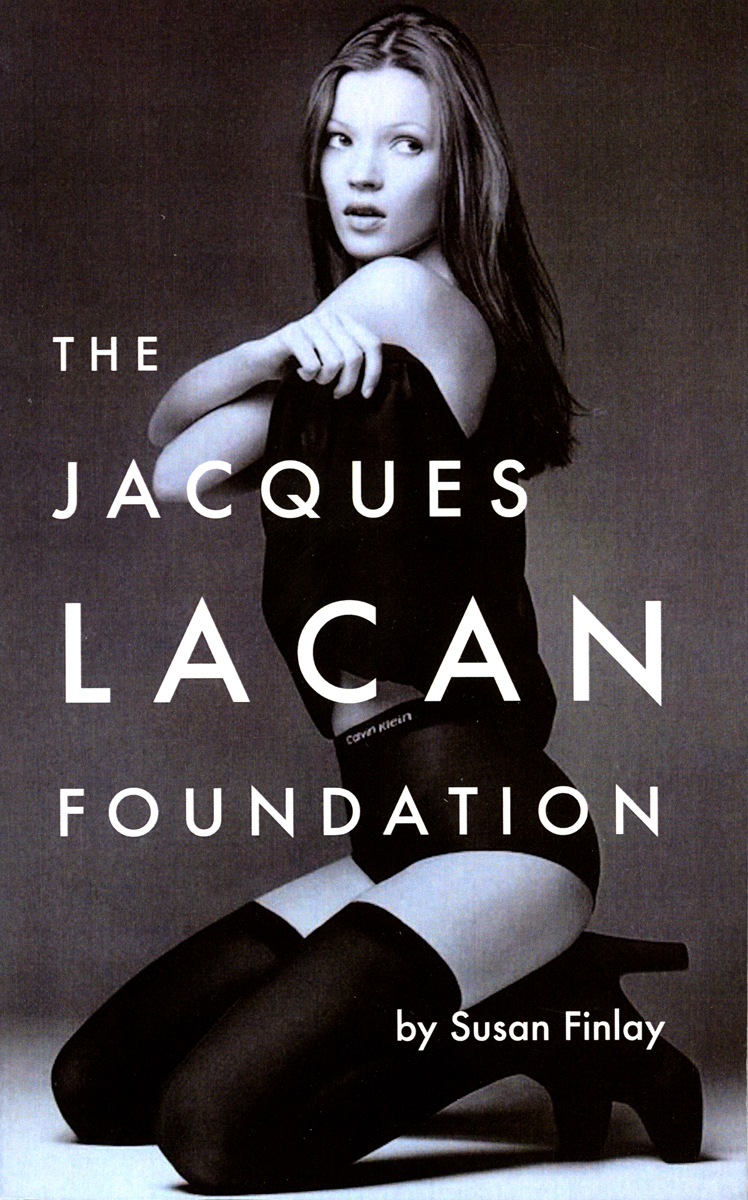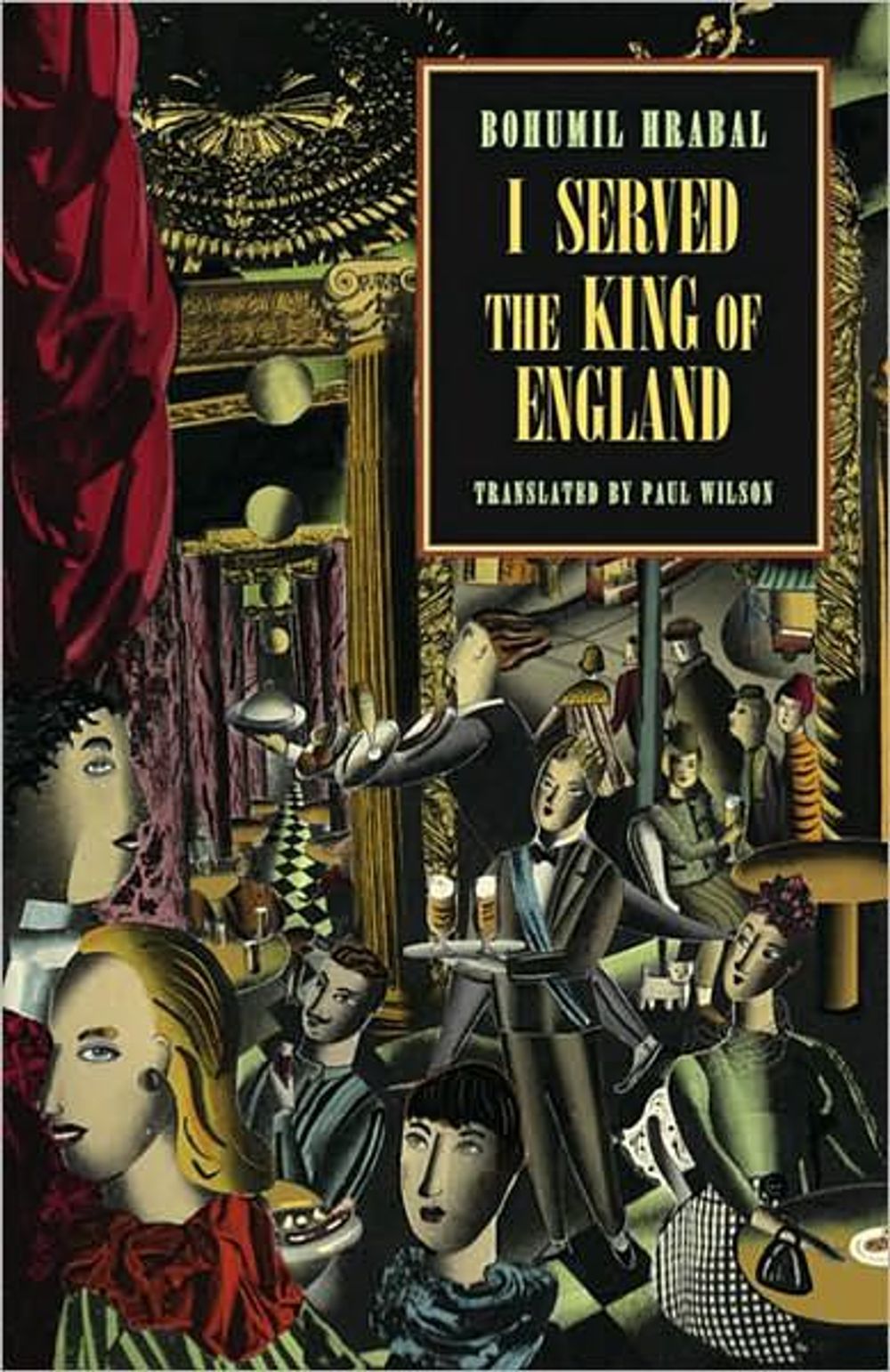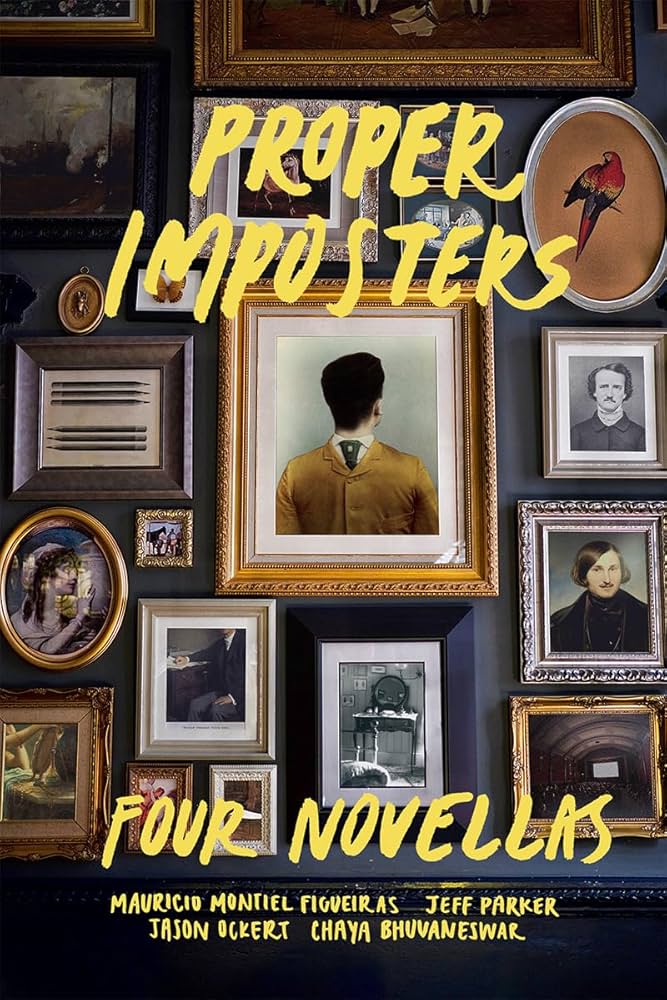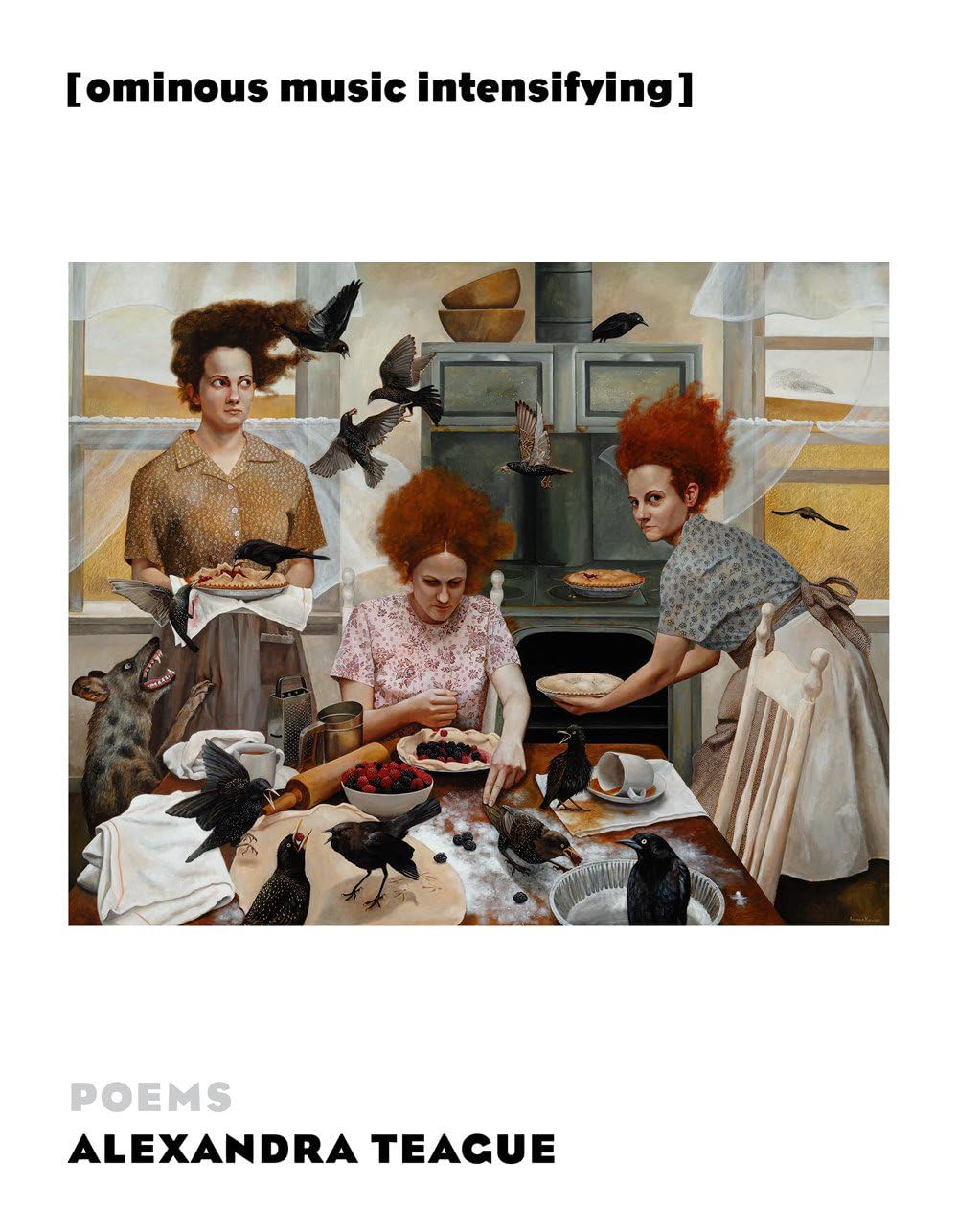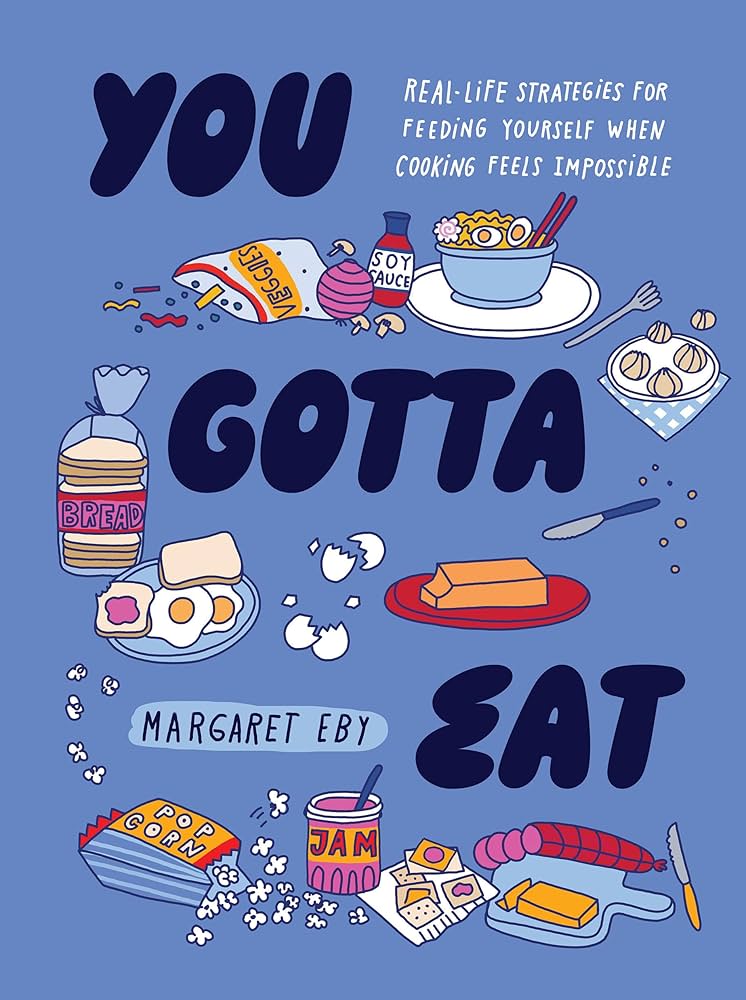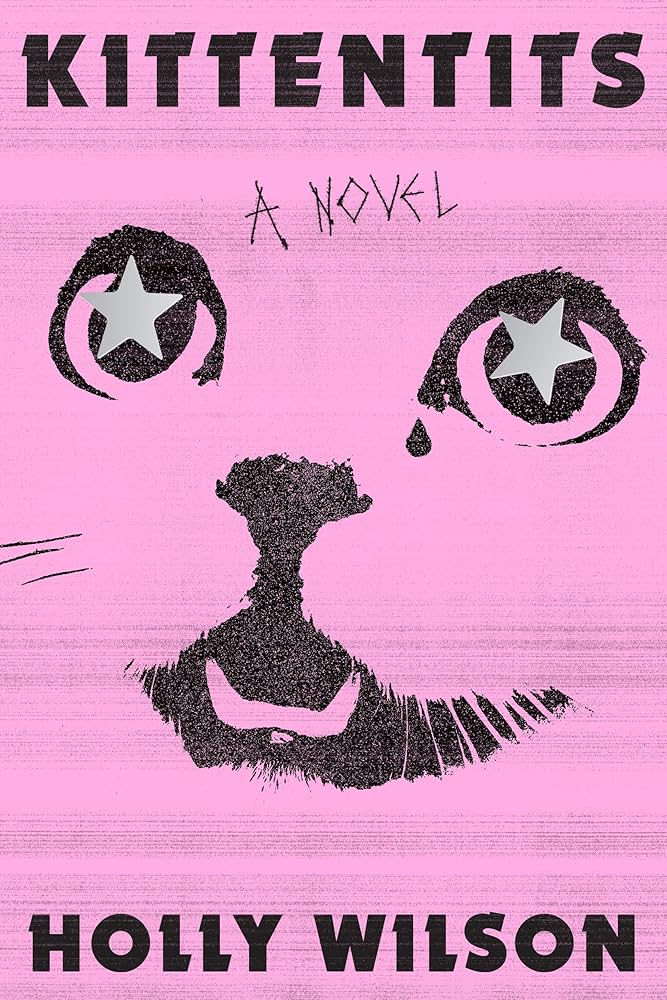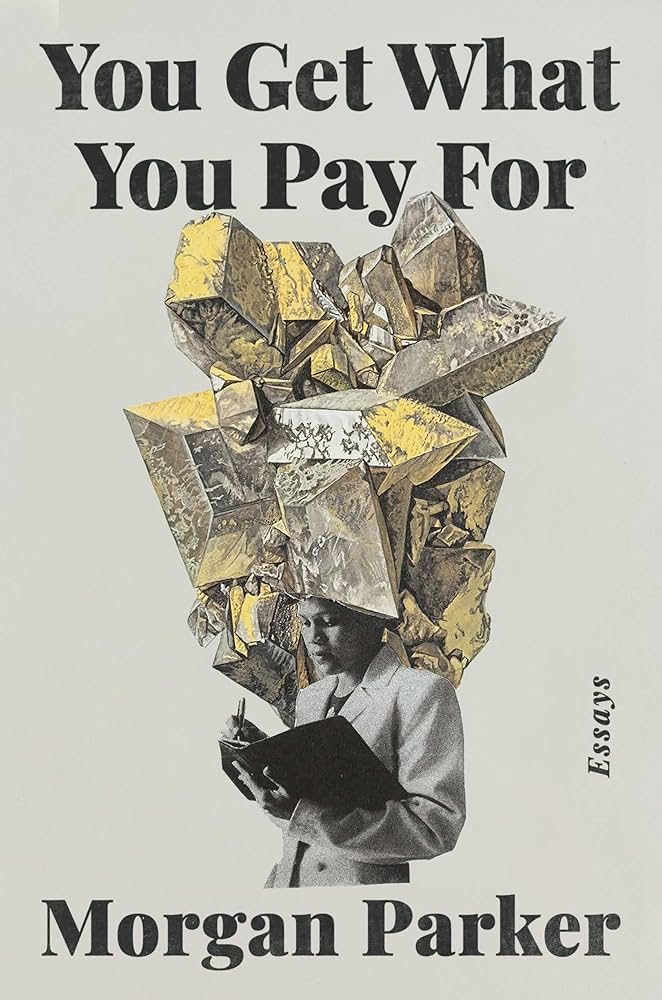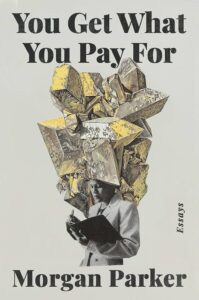Curated by SAM SPRATFORD and KEI LIM
This month’s recommendations depart to new and old worlds, and explore what we can bring back from them. With CHRISTOPHER AYALA’s recommendation we find ourselves among magic and aliens alike, with CHRISTY TENDING’s we return to Mussolini-era Italy, and with MARIAH RIGG’s we are brought to a climate-ravaged future. Read on to traverse these collections of stories and essays.
Izumi Suzuki’s Hit Parade of Tears; recommended by TC Online Contributor Christopher Ayala
I’ve taken up the habit of hitting independent bookshops wherever I travel and buying the first interesting book I see, eschewing the never-judge-a-book-by-its-cover adage and one-hundred percent judging a book by its cover. Good design suggests to me a deeper, more thoughtful curation on behalf of the press, that a book itself is an art object whose cover is a deep and personal aesthetic representing the work of the writer and the work of the press. This is exactly how I found myself in Tucson Arizona’s Antigone Books, where I was led into Verso Books’ edition of Hit Parade of Tears by Izumi Suzuki, translated by Sam Bett, David Boyd, Daniel Joseph, and Helen O’Horan.


